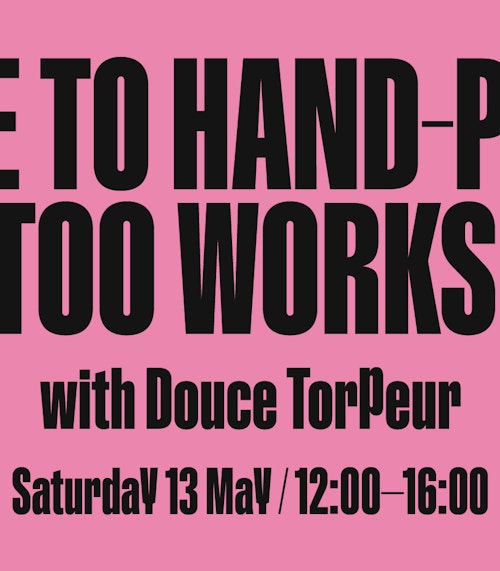Members of the Dissident Publics project group:
Exutoire (Bui Quy Son and Paul-Antoine Lucas) is a transdisciplinary critical spatial practice that looks to the intersection of art, architecture and activism to investigate social, material and spatial justice. Based between Oslo and Hanoi, their practice finds its form in a research-by-design approach that focuses on the making of spaces, objects and social infrastructure, and the creation of knowledge platforms which bring forth underrepresented discourses and marginalised voices. They have taught at the Oslo School of Architecture and Design, the Royal Danish Academy of Fine Arts and TU Darmstadt, and their writings were recently published by Magasin for Bygningskunst og Kultur and the Canadian Centre for Architecture. They are the 2022–2023 curators in residence at ROM for kunst og arkitektur.
NOGOODS (Danja Burchard and Maike Statz) is a moving project space for slippery ideas, repeating failures, collapsing structures, liquid narratives, and cross-disciplinary moods. It is a space for performative discursive practice, artistic production, non-linear research, and collaboration. Our focus lies on the impact of architecture and performativity on social patterns within a queer theoretical framework. We are interested in social practices that question power dynamics through architectural interventions, assemblage, conversation and practices of figuring it out. NOGOODS hosts and facilitates workshops, lectures, exhibitions and collective research and publishes the cultural magazine bias: bodies in architecture and structures.
Léa Brami is a French artist, architect and writer based in Brussels. They co-created the project Interferences, a podcast to give voice to those who think architecture differently. Their practice is politically engaged and multidisciplinary. It revolves around subjects like knowledge sharing, self-constructions and external memory support. Using performance, textile, screen printing and installation, their work also explores collective memory, minority stories, speculative past, and what drives us to desire and set us in movement.
Mahé Cordier-Jouanne is a French architect and tattoo artist. His work focuses on the links between architecture and gender studies, using various tools and media to explore how bodies navigate through realities and spaces. He co-founded the IHCRA association, which is dedicated to developing more equity and diversity in the making of our constructed environments.
Lexie Owen is an interdisciplinary artist whose practice explores notions of the collective, structures of support and networks of care. Using artistic, curatorial and textual methods her projects seek to create space for intimacies in unexpected ways, investigate the material conditions that surround collective acts, and find unconventional expressions of agency within the gestures and social forms that make up everyday life. Owen holds an MFA (2021 - Art + Public Space) from the Kunsthøgskolen i Oslo and a BFA from Emily Carr University of Art + Design (2014 - Critical + Cultural Practices).
Liene Pavlovska is an artist and scenographer. Her work begins with an interest in socio-economic models, collective desires resulting from them, and how they determine (or could reimagine) the living space of humans and other beings. Liene has an MA degree in Scenography (Art Academy of Latvia) and Interior Architecture (Sandberg Institute, Studio for Immediate Spaces). She has been a resident at Helsinki International Artist Programme and Nida Art Colony Residency Programme.
Jan Trinh is a Norwegian architect who graduated from the Norwegian University of Science and Technology (NTNU) in Spring 2022. Their work consists of research on Urbanism—specifically Queer Urbanism—and architectural form through construction, technology, tectonics and art. Thus, they have broadly covered a wide spectrum within the field of architecture, from master planning and feasibility to building design and detailing.































